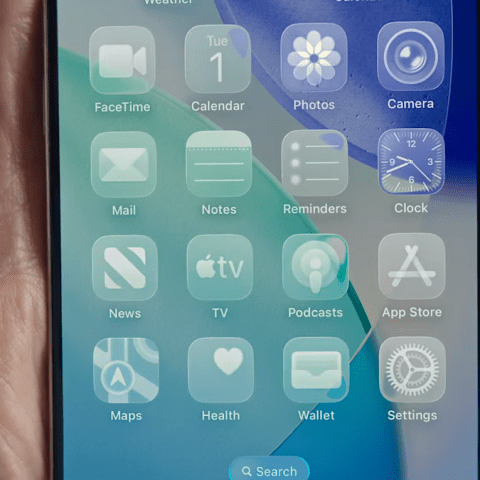The recent decision to end the 988 Suicide & Crisis Lifeline’s LGBTQ Youth Specialized Services program has sparked significant concern. This program allowed young people under 25 to connect with counselors trained in LGBTQ issues.
The termination was announced by the Substance Abuse and Mental Health Services Administration (SAMHSA), which stated it would focus on providing help to all individuals rather than separating services. However, many believe this move ignores the unique challenges LGBTQ youth face. Research shows that LGBTQ youth are over four times more likely to contemplate suicide compared to their peers. This specialized support was crucial in addressing those high needs.
Launched in July 2022, the 988 Lifeline was designed as a universal number for mental health crises, following a law signed by President Trump. The LGBTQ hotline, known as the “Press 3 option,” was introduced as a pilot program in October 2022, receiving significant funding to ensure effective support for this vulnerable group. The data showed that nearly 1.5 million contacts were made through the LGBTQ service since its launch.
Jaymes Black, CEO of The Trevor Project, expressed disbelief at the termination, stating that the decision endangers lives. He emphasized that specialized care was vital for LGBTQ youth, especially in crisis situations. Rep. Seth Moulton, a co-sponsor of the legislation that established the Lifeline, also voiced his concerns. He warned that cuts to vital services like the LGBTQ hotline would have deadly consequences for young people.
Interestingly, this criticism isn’t limited to one political party. Republican Rep. Mike Lawler also spoke out against the decision, highlighting the need for specialized support that truly saves lives.
Supporters of the program are now looking for alternatives. While 988’s LGBTQ service is no longer available, The Trevor Project continues to offer help directly. They can be reached at 1-866-488-7386 or by texting START to 678678. Some states, like California, are stepping up to fill the gap, partnering with organizations like The Trevor Project to train counselors in LGBTQ issues.
In conclusion, while the termination of this program aims to streamline services, it risks leaving vulnerable youth without the specialized support they desperately need. As calls for mental health services grow, especially among youth, the importance of accessible and culturally competent care cannot be overstated. The impact of these decisions on LGBTQ youth is being actively discussed on social media, with many advocating for the return of specialized services.
For more information on LGBTQ youth mental health resources, visit The Trevor Project’s website here.




















